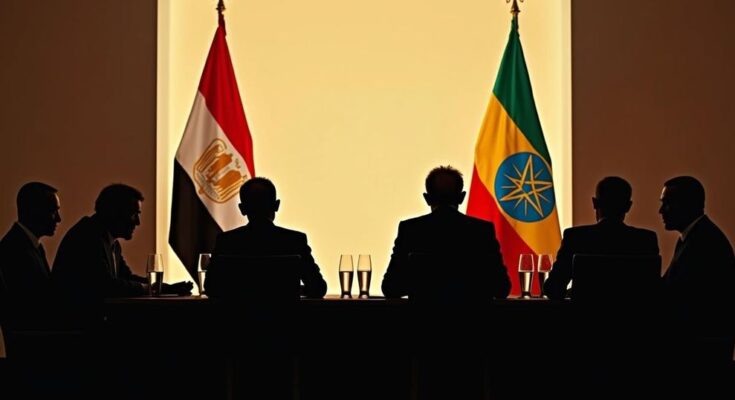The Brics foreign ministers’ meeting in New York concluded without a joint statement for the first time, highlighting difficulties in reaching consensus among the group, especially with the recent integration of new members. The anticipated discussion covering various geopolitical issues and aspirations for UN Security Council seats ended in a stalemate, indicating significant diplomatic challenges within the organization.
The recent gathering of Brics foreign ministers in New York marked an unprecedented event as it concluded without a joint statement, signaling escalating challenges in forging consensus among the group’s members. This meeting, which took place on the sidelines of the United Nations General Assembly, was anticipated to yield a comprehensive 52-paragraph document addressing various critical matters, including the ongoing Middle East conflict, proposals for a unified currency, and preliminary discussions regarding the potential expansion of Brics with additional member states ahead of the summit scheduled for October in Kazan, Russia. However, reports from Brazilian news outlet UOL, corroborated by other sources, indicate that the attempts to produce a unified statement were thwarted, resulting in a stalemate among the representatives. The reluctance of new members to fully endorse the aspirations of India, Brazil, and South Africa for permanent seats on the UN Security Council appears to have contributed significantly to this impasse, reflecting shifting dynamics within the bloc following its recent enlargement.
Brics, an acronym for Brazil, Russia, India, China, and South Africa, is a coalition of major emerging economies that aims to enhance economic cooperation and political influence on the global stage. In recent developments, the group has expanded to include new members, complicating its decision-making process. The diplomatic negotiations involved in solidifying positions among existing and aspirant members often lead to significant hurdles, particularly when it comes to aligning on pivotal international issues such as Security Council reform. The contention around supporting certain members’ ambitions within the UN framework illustrates the growing complexities within Brics as it seeks to navigate both its internal dynamics and external geopolitical pressures.
The inability to produce a joint statement at the Brics foreign ministers meeting underscores the challenges faced by the group in achieving consensus amid changing membership dynamics. The discord primarily stems from the condition imposed by India and Brazil that new members should support their aspirations for permanent representation on the UN Security Council. This event serves as a stark reminder of the complexities inherent in multilateral diplomacy, especially within an evolving coalition like Brics.
Original Source: www.scmp.com




